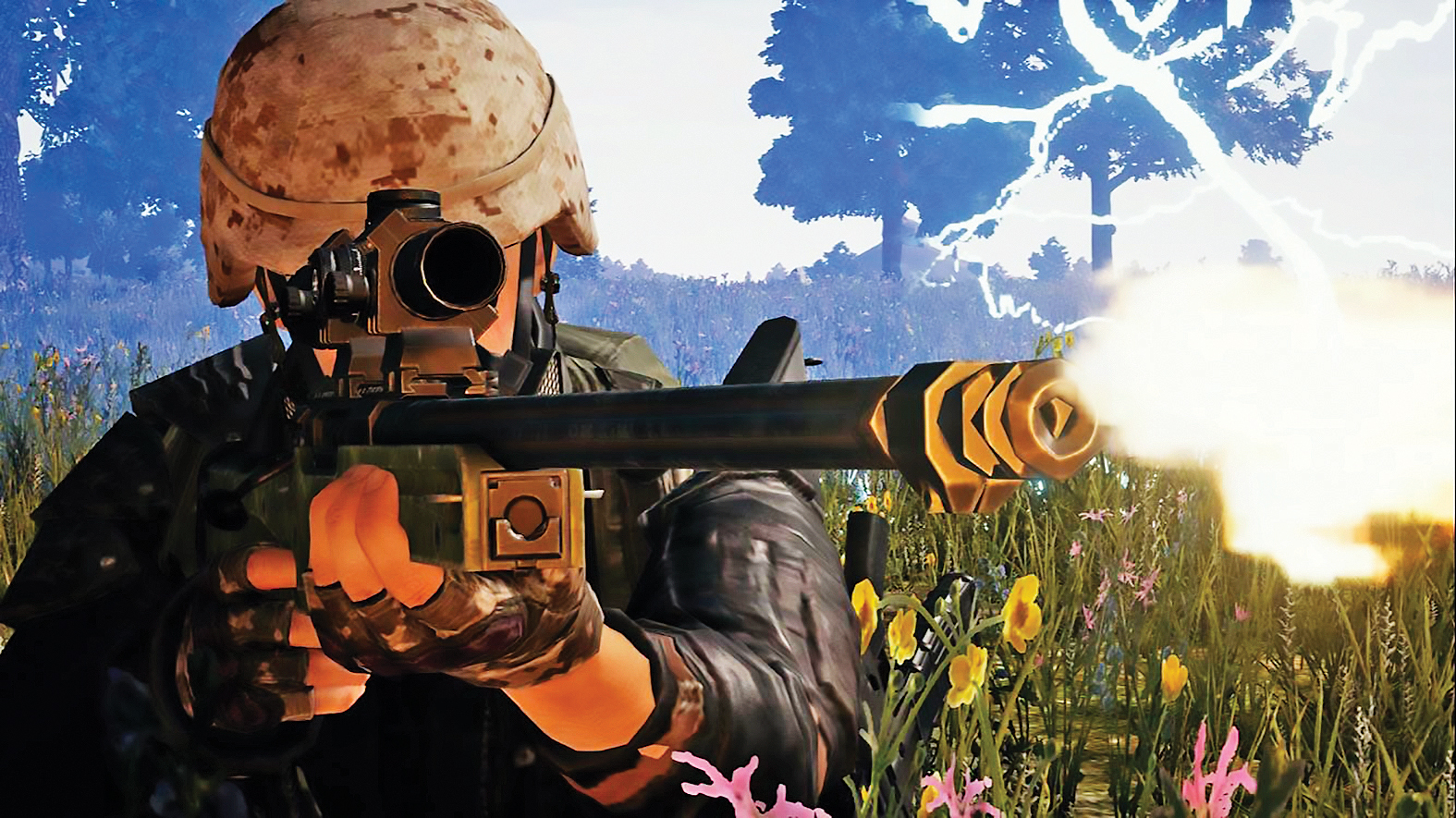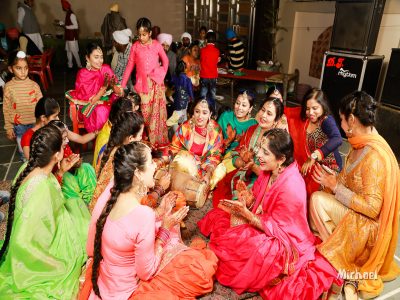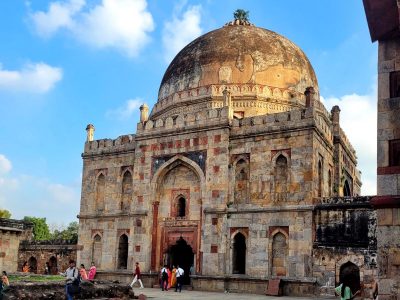Following the restrictions on PUBG, one thing has become clear: Our 21st century gamers are serious, and are not to be taken lightly
Joystick in hand, a bowl of crisps and soda by their side, secluded in a locked room. They have everything they need within reaching distance. Zoned in on the task at hand, they strategise, hide, shoot, stalk and perform life threatening stunts. All from the comfort of their bedrooms.
PUBG (Player Unknown’s Battleground), currently one of the most popular digital games in the world, also happens to be fairly violent and graphic. With almost 100 players on a battlefield, equipped with some serious firepower, until only one is left victorious.
This automatically inspires questions about its real-life repercussions on the psyches of teenagers. Most recently, multiple states in India implemented a restriction in the game, originating from a High Court notice issued in Maharashtra. A six-hour cap on players every day.
“I play PUBG a lot,” says Aakarsh, 17 years old. “My friends and I play together many times during the day. And the best part is that on the phone you can play this game from anywhere, right?” he explains enthusiastically. “So we would play while eating breakfast, sometimes if I cannot sleep, I’ll wake up a friend and ask them to play in the middle of the night. Even on the way to tuition classes, in the auto!” But he recalls when the game was abruptly discontinued, he assumed that his phone was crashing, until he found out that two of his friends were not being able to play either. “It was around 7 pm, and was a Friday, so we had plans of staying up together because the weekend was here,” Aakarsh recalls. He confesses bashfully that he found himself utterly bored at night and fell asleep while texting with his friends about how frustrated they all were.
There have been sporadic reports over the years about PUBG leading children down a rather dark rabbit hole. And in India they had it coming. The part of the population that is not as enamoured by the game have been calling out it’s negatives for months. With psychologists, police, and news deeming it an unfit game for children, given its depictions of violence.
“Many of the children who come to us to deal with depression are very invested in these games. They seek to exercise the control they do not have in their own lives, through their personas in the game,” says Dr. Verma, child psychologist at Sparsh for Children.
Ranjitha, 22, a previous habitual gamer, laughed as she recalled that she hadn’t even realised there was a ban until it showed up on the news. “It’s funny because two years ago I probably would have been throwing tantrums about it! I used to play for hours on end when I was in college. I was staying away from home, and my results were decent. And since we’re in India, and I was getting good marks, no-one really told me to make better use of my time.”
Ranjitha says, that as college and internships and now her job got busier, she has stopped playing as much, without even really making a conscious choice about it. “I play every now and then, to pass the time. Which is why the day it was banned I never found out. I had maybe played only for 45 minutes in all that day,” she recalls. “I think that the problem arises when you start to take the game very seriously. I don’t feel the intense competitive urge anymore when I play the game, but at one point I used to,” she admits. “I am lucky that I was at an age where I could separate my reality from the game when I played. And also to have weaned myself off it to a certain extent. But I can definitely see how it could influence younger children. Even though I enjoyed it, I will admit it was quite violent.”
PUBG surpassed all other digital games in terms of mobile downloads in 2018. And independent of the mobile downloads, the game made $1,028 billion. That revenue made PUBG one of the highest earning games of the year! The popularity of the game reached new heights when a PUBG competition was convened in Hyderabad, followed by many others. More than 1,000 colleges signed up, and the winners walked away with a cash prize of over Rs 15 lakh.
Earlier this month, an age restriction was imposed on PUBG, by way of which, players aged under 13 would have to have their parents sign into the game for them. Accusations of PUBG’s negative impact on kids have been flying around for ages. Since gaming was still a new trend in India, there were no laws in place regulating the same. Whereas in countries like China and Germany age restrictions were already in place. However, are these restrictions working?
Ajay*, casual hacker and self-proclaimed PUBG enthusiast, does not seem to think so. “Almost anything on the internet can be bypassed unless the code is highly sophisticated,” the teenager explains. “Just like it was easy for people to get around the porn ban, people have already found ways to get around this one.” He also reveals that using fake identity details, such as a fake nationality, a VPN or a proxy server are also effective duping methods. “There is really very little that can be done to enforce restrictions to a 100 per cent in the digital world.”
So, is a ban or restriction on violent video games what the country wants, or what it needs? What remains to be seen is if the ban holds up in the upcoming weeks, or if it crumbles under the overwhelming demand for the game.
*all names have been changed





